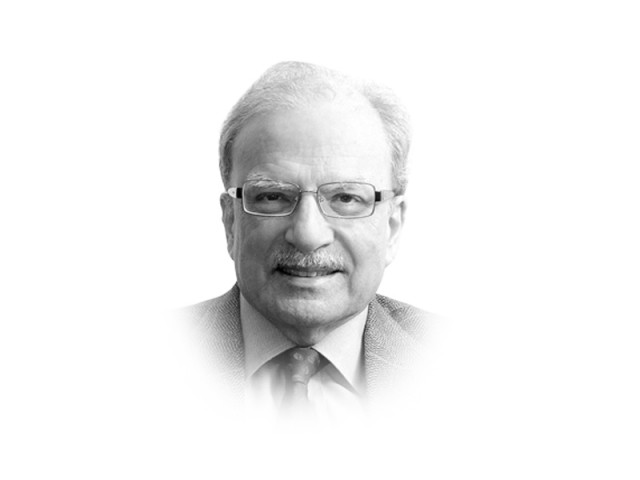Political parties and economic development
Upcoming electoral competition between PPP, two Muslim Leagues, PTI will have significant economic consequences.

Pakistan’s political landscape was transformed in 1968 when Zulfikar Ali Bhutto founded the Pakistan Peoples’ Party (PPP) as a national organisation with a socialist agenda. It won the most seats in the National Assembly allocated to West Pakistan in the elections held in December 1970. A year later, it formed the first PPP-dominated government in the part of the country that was left after the separation of East Pakistan. But the success of the separatist movement in what was once Pakistan’s eastern wing encouraged the establishment of political organisations promoting narrow regional interests. For a number of years, Pakistan’s political landscape was dominated by national parties — the PML, the PPP and the Jamaat-e-Islami. However, the rise of regional parties complicated the making of economic policies especially when regional interests could not be reconciled with national priorities.
The PML’s political monopoly was broken when in the election of 1954 in East Bengal, the Muslim League was trounced by a coalition of parties that had assembled under the banner of the United Front. The name given to the coalition was suggestive of its Marxist orientation and combined religion with a socialist orientation. The group included Fazlul Haq who had joined hands with Mohammad Ali Jinnah and campaigned for the establishment of Pakistan. The success of regionalism as reflected in the lopsided victory of the United Front when it won 300 seats versus the 10 secured by the PML became the inspiration for the development of a number of narrowly focused regional parties. The most successful of these efforts was the Muttahida Qaumi Movement (MQM) as well as the Awami National Party (ANP). The names of these parties signified national aspirations rather than purely regional interests and were to have profound impact on the formulation of national economic strategies.
One example of this was the position taken by the MQM with reference to the design of fiscal policy. The MQM represented the Sindh urban middle class, which was reluctant to see its tax burden increase while the landed community was mostly spared. In 1973, when Bhutto was engaged in drafting the Constitution, he won support of the powerful landed interests by excluding agricultural incomes from the tax base. This provision had serious economic consequences. For most of the time, value added in agriculture increased impressively but this growth could not be captured in tax revenues. The attempt by the IMF to increase the tax-to-GDP ratio as a part of the programme it negotiated with Islamabad in 2008 did not succeed. The Fund’s proposal to levy a tax on consumption was resisted by the MQM. Its opposition resulted in the collapse of the IMF programme in 2011.
We may be witnessing another shake-up in the institutional structure of politics in Pakistan. The rise of Imran Khan’s Pakistan Tehreek-e-Insaf (PTI) may bring another national force in play that will focus on the country rather than on narrow regional interests. The coming electoral competition between three or four national groupings — the PPP, the two Muslim Leagues and the PTI — will have significant economic consequences. If they score big victories in both the central and provincial elections, they may be able to swamp the regional parties. That will make the formulation of economic strategies that keep national interests in their sight become somewhat easier and practical.
Published in The Express Tribune, August 20th, 2012.














COMMENTS
Comments are moderated and generally will be posted if they are on-topic and not abusive.
For more information, please see our Comments FAQ